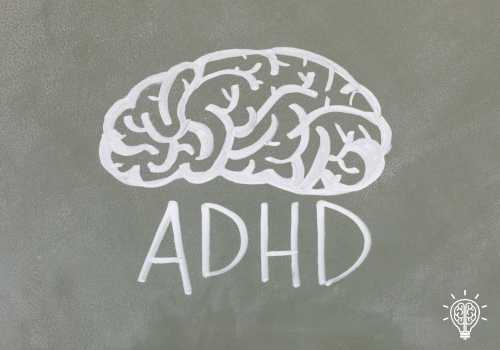What is ADHD-Combined Type?
ADHD-Combined Type is one of the three presentations of Attention Deficit Hyperactivity Disorder (ADHD) characterized by both inattentive and hyperactive-impulsive symptoms. This type is the most comprehensive form of ADHD, as individuals exhibit a significant number of symptoms from both the inattentive and hyperactive-impulsive categories. These symptoms significantly impact social, academic, or occupational functioning.
What symptoms are unique?
While it includes symptoms common to both the primarily inattentive and primarily hyperactive-impulsive types, its uniqueness lies in the co-occurrence of these symptoms. Unique manifestations might include a combination of excessive talking, difficulty waiting turns, frequent interruption of others.
How is Combined Type diagnosed?
Diagnosing ADHD-Combined Type involves a comprehensive evaluation by a qualified healthcare professional, usually including a clinical assessment of the individual’s history of behavior, a series of psychological tests, and observation of behavior. Diagnosis typically requires that symptoms are present in more than one setting (e.g., both at home and school) and cause significant impairment. It also involves ruling out other mental health disorders or conditions that might mimic ADHD symptoms.
What are effective management strategies for ADHD-Combined Type?
Effective treatment for ADHD-Combined Type typically involves a comprehensive approach:
- Medication: Stimulants are commonly prescribed and are effective for many people in managing symptoms of hyperactivity, impulsiveness, and inattention. Non-stimulant medications may also be used depending on individual needs and responses to treatment.
- Behavioral Therapy: Cognitive-behavioral therapy (CBT) and other behavioral interventions can help manage symptoms by teaching strategies.
- Educational Support: Tailored educational interventions can help manage academic challenges associated with ADHD. This might include individualized education plans (IEPs) or 504 plans that provide accommodations in the school setting.
- Lifestyle Modifications: Changes in diet, regular physical activity, and sufficient sleep can help mitigate symptoms. Mindfulness and stress management techniques can also be beneficial.
- ADHD Coaching: Personalized coaching can be particularly effective in supporting individuals with ADHD-Combined Type. Coaches work one-on-one to develop custom strategies that leverage strengths and compensate for challenges associated with ADHD. Coaching focuses on practical aspects of daily living and long-term goals, improving time management, organization, and social skills.




